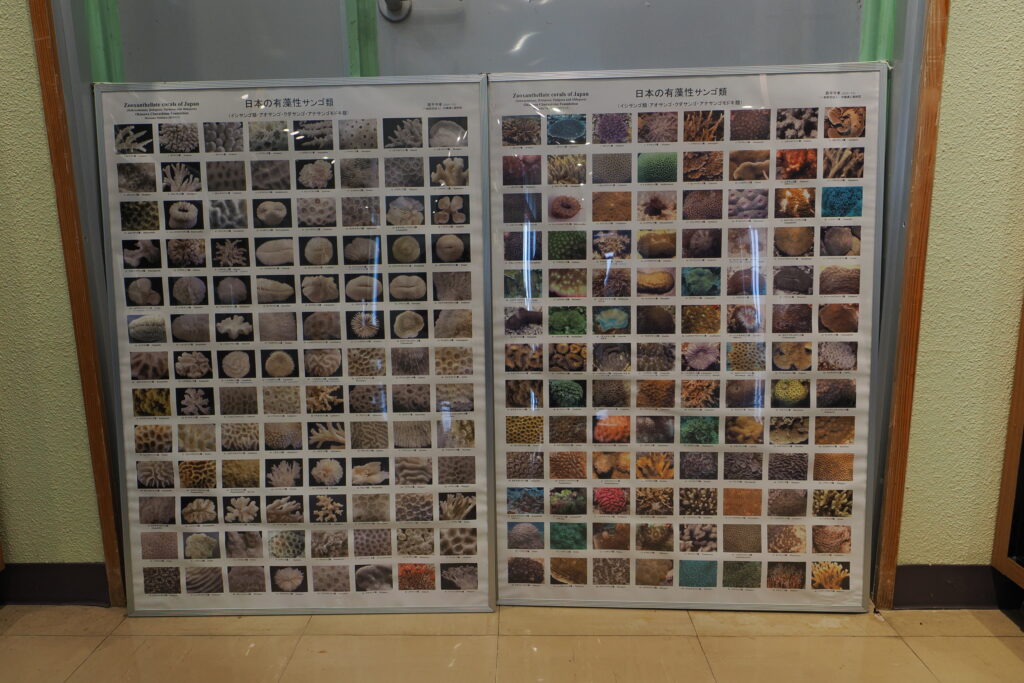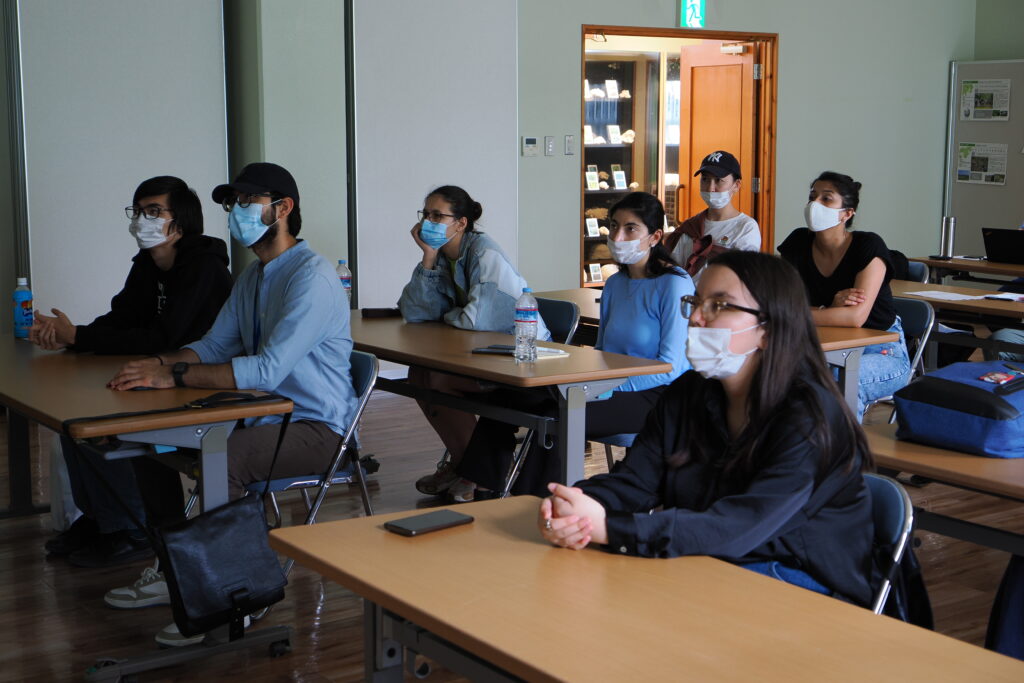Mavlonova Maftunakhon
Coral reefs are one of the most diverse ecosystems on the earth, and Okinawa is blessed to have them just meters off the coast. Coral, which can sometimes be mistaken for plants or rocks, are actually living structures that, in turn, are home to countless plant and animal species.
Reef building corals are the foundation for one of the most biologically diverse ecosystems on the planet. Through symbiosis with single celled algae, corals are able to utilize the energy from the sun in order to support a highly productive system in areas where nutrients are scarce. Although coral reefs are very impressive in terms of size and complexity, they are also very sensitive to oceanographic conditions and anthropogenic disturbances. By utilizing vast knowledge of oceanographic conditions, it is possible to identify which reefs are most at risk and which areas are most crucial to survival due to their important role as a source of new coral larvae.

Much of Okinawa and the other Nansei Islands in the Ryukyu archipelago are surrounded by fringing coral reefs. The fringing reefs here are the most diverse in the whole of Japan, as the other reefs in Japan are generally at the northern limit of their temperature tolerance. Many of the Ryukyu coral species are similar to those found in tropical regions and likely colonised the Ryukyu from these areas when the reefs formed here approximately 2 million years ago. The study of how corals disperse and colonise over local as well as regional scales can support their conservation for future generations.
On a global scale, rising ocean temperatures and acidity have moved coral reefs in general to the edge of extinction through regular bleaching events. Reefs to the south of the Ryukyu archipelago have suffered from dramatic bleaching events which have led to the loss of 90% of coral cover from certain islands. Fortunately, the reefs of Okinawa island have not suffered so severely although they are still at significant risk.
Underwater observatories combined with reef-scale oceanographic experiments give us crucial insights into the conditions which local corals are subjected to. Combining this knowledge with controlled experiments at our dedicated Marine Station we can examine the impact of oceanographic conditions on corals at scales ranging from the individual polyps or colonies to entire reef communities.
Okinawa’s reefs have traditionally provided local communities with a wide variety of fish for food, and offered natural protection against strong waves during typhoons. Today, the coral reefs support a considerable section of the tourism industry, with many divers and snorkelers visiting to experience the ocean’s beauty and its sea life. Research conducted in Okinawa research centers suggests that coral reefs may be able to play a vital role in developing medicines such as new types of antibiotics.
Coral reefs occupy less than 0.2% of the world’s oceans. They need a very specific set of conditions to survive, including warm, shallow and clear water, sunny weather, mild currents, and a desirable level of nutrients. Without these conditions, coral does not grow, and existing coral will die off if its environment changes outside of these ideal parameters.
Coral reefs are vulnerable to crown-of-thorns starfish that can eat swathes of hard corals, algal blooms from excess nutrients, and red soil runoff from agriculture and development projects that lead to the reefs being covered in debris. Global warming has resulted in rising water temperatures, which in turn, has caused coral bleaching on large sections of the world’s coral reefs. Warmer water causes the loss of algae from inside coral tissues, and the coral loses its primary source of energy and slowly dies. White calcium carbonate skeletons of the coral remain. This does not provide a healthy foundation for the coral reef ecosystem, so the biodiversity of plant and animal life is also affected.
In addition to global warming and other threats caused by humans, reefs can be damaged physically by commercial fishing, poor diving practices, or coral collecting. Ocean trash is a problem with waste blowing from streets into rivers and out to sea. The survival of coral reefs is under threat, and many people and organizations are determined to protect the varied ecosystems that make Okinawa unique.
The presentation revealed a lot of interesting points for us to consider. Although we come from landlocked countries it was still beneficial to look at how people preserve marine life in Okinawa.




